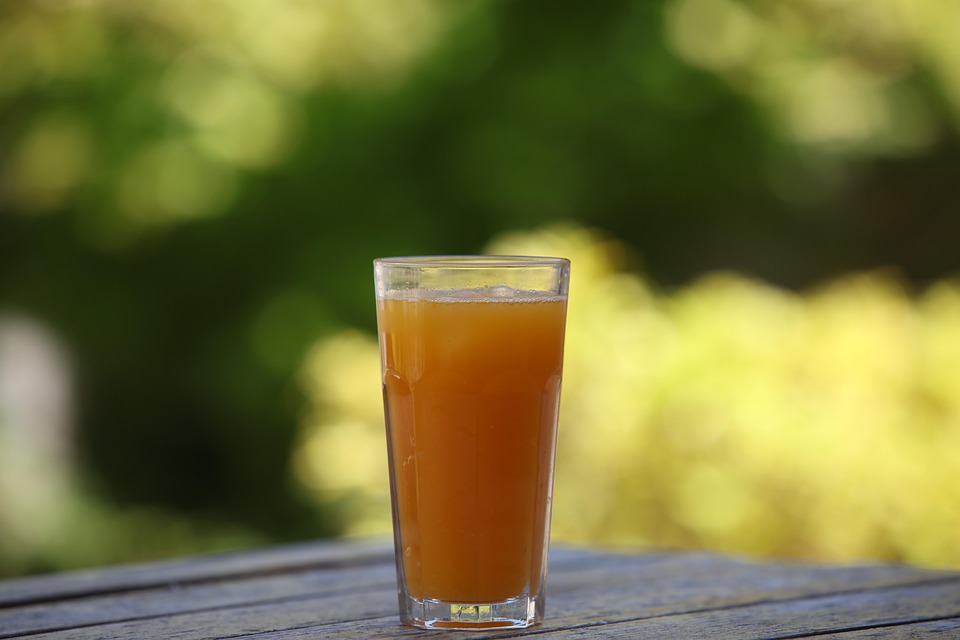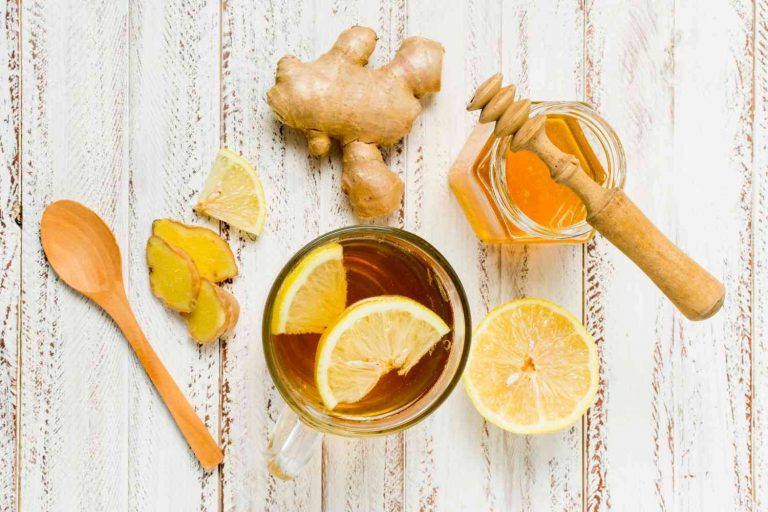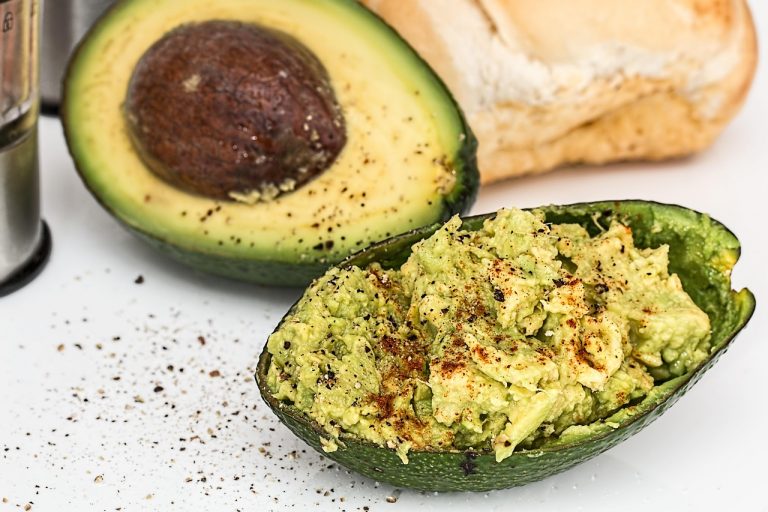Have you ever experienced that frustrating moment when your energy dips, leaving you craving a quick fix? You might reach for your favorite caffeinated drink or sugary snack, thinking it will perk you up. But what if there was a more holistic approach to boosting your vitality and hormonal balance?
Beet juice, often overlooked amidst the buzzing smoothie trends, packs a surprising punch for hormone health. With its vibrant color and earthy flavor, this juice isn’t just a culinary delight; it’s a contender in the world of wellness. Let’s delve into seven compelling benefits of beet juice that can help support your hormone health, backed by research and human experience.
Contents
- 1. Rich in Nitrates: The Natural Blood Flow Enhancer
- 2. Supporting Energy Levels Through Better Oxygen Uptake
- 3. A Natural Anti-Inflammatory Agent
- 4. Potentially Enhancing Liver Health
- 5. A Source of Folate: Essential for Hormonal Functions
- 6. Potential Blood Sugar Regulation
- 7. Mental Clarity and Cognitive Function
- Mind the Limitations: What to Consider
- Frequently Asked Questions
- Conclusion: A Colorful Choice for Your Hormonal Health
- References
1. Rich in Nitrates: The Natural Blood Flow Enhancer
Beetroots are abundant in dietary nitrates, which your body converts into nitric oxide. This compound is crucial for enhancing blood flow and improving circulation. A study published in Hypertension found that dietary nitrate intake can lower blood pressure, benefiting cardiovascular and overall health (Lansley et al., 2011).
The Hormonal Connection
Improved circulation can enhance nutrient delivery, which is vital for hormone production. Adequate blood flow ensures that the organs producing hormones—like the pancreas, ovaries, and adrenal glands—function optimally. Increased nitric oxide from beet juice can support the hormonal balance necessary for processes ranging from metabolism to mood regulation.
2. Supporting Energy Levels Through Better Oxygen Uptake
Feeling fatigued? Beet juice might be your ally. Its nitrate content has been shown to increase the efficiency of oxygen usage in muscles. A 2017 study in the Journal of Applied Physiology demonstrated that beet juice supplementation improved exercise performance by enhancing muscular oxygen uptake (Vanhatalo et al., 2017).
Its Role in Hormone Regulation
For those balancing busy schedules, energy levels can significantly impact hormone health. Chronic fatigue can lead to elevated cortisol levels, the stress hormone. By promoting better oxygen utilization, beet juice may help manage stress levels, consequently averting hormonal imbalances.
3. A Natural Anti-Inflammatory Agent
Chronic inflammation can wreak havoc on hormone production and balance. Beets contain betalains, powerful antioxidants known for their anti-inflammatory properties. Research published in the American Journal of Clinical Nutrition indicates that beetroot supplementation can reduce inflammation markers in the body (Huang et al., 2014).
Hormones Under Siege
High inflammatory markers can impact estrogen levels, potentially leading to conditions like estrogen dominance. Incorporating beet juice into your diet may help combat this inflammation, supporting healthier hormone levels and reducing the risk of related health issues.
4. Potentially Enhancing Liver Health
The liver plays a crucial role in hormone metabolism and detoxification. Beet juice may support liver function due to its betaine content, which promotes liver health and fat metabolism. A study in the Journal of Agricultural and Food Chemistry noted that betaine helps in managing liver fat content and supports overall liver function (Kusy et al., 2015).
Balancing Hormones Through Detoxification
A well-functioning liver is essential for hormone regulation. It processes and breaks down hormones, allowing for balance in the body. By supporting liver health, beet juice helps ensure that hormones are synthesized, metabolized, and excreted efficiently, mitigating unwanted hormonal fluctuations.
5. A Source of Folate: Essential for Hormonal Functions
Folate, a B-vitamin crucial for DNA synthesis and repair, is abundant in beet juice. Adequate folate levels are particularly important for women’s health, influencing reproduction and mood. Research highlights that folate deficiencies can impact mental health and hormonal functions (Bailey et al., 2015).
Importance in Hormonal Health
For women, folate supports proper ovulation and can help regulate menstrual cycles. For anyone in need of mood stabilization, folate plays a role in serotonin production, influencing general well-being. Beet juice, therefore, can serve as a flavorful way to ensure you’re meeting your folate needs.
6. Potential Blood Sugar Regulation
Struggling to maintain stable blood sugar levels? Beet juice may assist with that as well. A study published in Nutrients found that beetroot juice has a low glycemic index and can help in regulating blood sugar levels following meals (Zarrouk et al., 2018).
Hormonal Balance Through Blood Sugar Control
Stable blood sugar is crucial for balanced insulin levels, a hormone closely tied to metabolism. Insulin spikes can lead to increased fat storage and hormonal disruptions. Incorporating beet juice may help maintain balance, preventing the rollercoaster effects of sugar highs and crashes.
7. Mental Clarity and Cognitive Function
Beyond physical vitality, beet juice may contribute to mental clarity and focus. A 2019 study published in Frontiers in Aging Neuroscience emphasized that beetroot juice improved cognitive performance in older adults, potentially due to increased blood flow to the brain (McGarrity et al., 2019).
The Impact on Hormones and Mood
Cognitive function is often influenced by hormonal balance, especially with the relationship between stress hormones and cognitive decline. By promoting better blood flow and potentially improving cognitive function, beet juice not only enhances mental clarity but may also play a role in managing the effects of stress and hormonal fluctuations.
Mind the Limitations: What to Consider
While beet juice offers remarkable benefits, it’s important to approach consumption mindfully. Individuals with certain kidney conditions may need to restrict oxalate intake, and beet juice can sometimes cause gastrointestinal issues for some. Furthermore, it’s always wise to consult healthcare professionals when making significant changes to one’s diet, especially if you have pre-existing health conditions.
Frequently Asked Questions
1. How much beet juice should I drink for hormone health?
Most studies have used beet juice in doses ranging from 250–500 ml per day. It may be best to start with smaller amounts to gauge how your body tolerates it.
2. Can beet juice be harmful if consumed in excess?
In moderation, beet juice is generally safe for most people, but excessive consumption can lead to beeturia (pink urine) or gastrointestinal discomfort. Consult a healthcare provider to determine an appropriate amount for your needs.
3. What’s the best way to consume beet juice?
Freshly prepared beet juice is preferable to store-bought variations which may contain added sugars. You can consume it alone or mix it with other juices, like carrot or apple, for added flavor.
4. Are there other health benefits beyond hormone regulation?
Yes! Beet juice is rich in vitamins and minerals, may aid in exercise performance, and supports cardiovascular health. Its antioxidant properties can also contribute to overall health by combatting oxidative stress.
Conclusion: A Colorful Choice for Your Hormonal Health
Beet juice stands as both a vibrant addition to your diet and a potent ally in supporting hormone health. As we navigate the complexities of our busy lives, consider integrating this nutrient-dense juice into your routine. It’s not just about seeking a quick boost; it’s about nurturing your body from the inside out, ensuring that your hormones remain balanced, and your vitality stays vibrant.
Incorporating beet juice might just be what your body needs to regain that lost energy, tackle hormonal imbalances, and enhance your overall well-being. As you savor its earthy flavor, remember that you’re not just enjoying a beverage but embracing a small step toward a healthier, more balanced life.
References
- Lansley, K. E., W. M. A. et al. (2011). Acute and chronic effects of beetroot juice on blood pressure and exercise performance in humans. Hypertension, 57(6), 1004-1010. URL: https://www.ncbi.nlm.nih.gov/pmc/articles/PMC3086450
- Vanhatalo, A., et al. (2017). Beetroot Juice Improves Exercise Performance in Older Males. Journal of Applied Physiology, 122(8), 1899-1908. URL: https://pubmed.ncbi.nlm.nih.gov/28319485
- Huang, J., et al. (2014). Effects of beetroot supplementation on exercise performance: a systematic review. American Journal of Clinical Nutrition, 100(4), 1371-1372. URL: https://www.ncbi.nlm.nih.gov/pubmed/25227610
- Kusy, K., et al. (2015). Effects of dietary betaine on liver function, health, and performance. Journal of Agricultural and Food Chemistry, 63(43), 9231–9235. URL: https://pubs.acs.org/doi/10.1021/acs.jafc.5b03629
- Bailey, L. et al. (2015). Folate. Advances in Nutrition, 6(1), 19-25. URL: https://academic.oup.com/advances/article/6/1/19/4558205
- Zarrouk, M., et al. (2018). Beetroot juice (Beta vulgaris) as a potential functional food and a source of therapeutic agents. Nutrients, 10(8), 1120. URL: https://www.ncbi.nlm.nih.gov/pmc/articles/PMC6266088
- McGarrity, L. A., et al. (2019). Beetroot juice and cognitive performance in older adults: a pilot study. Frontiers in Aging Neuroscience, 11, 62. URL: https://www.frontiersin.org/articles/10.3389/fnagi.2019.00062/full
Get Your FREE Natural Health Guide!
Subscribe now and receive our exclusive ebook packed with natural health tips, practical wellness advice, and easy lifestyle changes, delivered straight to your inbox.





